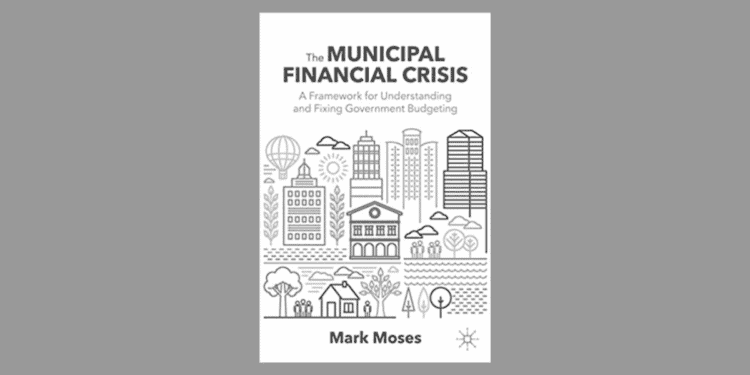On May 27, the Los Angeles City Council voted to have the city attempt to buy a privately owned apartment building in which tenants complained that rents were rising too high too far; if the owner won’t sell, at least some councilmembers are ready to invoke eminent domain.
The building was one of many built in LA with city loans requiring owners to provide affordable housing. But those agreements made 30 years ago are expiring, and landlords are raising rents. This isn’t surprising; LA has one of the highest housing costs in the country.
What’s new is the government seizing private property to assuage the demands of renters. According to The Los Angeles Times, councilman Gil Cedillo said in support of the measure, “In the area of preserving affordable housing, there’s no other city doing what we’re doing — not in the county, not in the state, nor in the nation. So I thank all of you for having the courage and being willing to take these risks.”
What might those risks be?
Certainly there’s the short-term risk of political fallout from misusing government power in such a manner. There’s also the likelihood that, once this precedent is set, tenants all over the city will seek similar solutions—injecting politics and the threat of eminent domain to tenant/landlord negotiations. Landlords wishing to exit the industry may view the city as a potential buyer—a buyer whose willingness to pay top dollar can be manipulated. One need only look at the recent federal indictments of several St. Louis aldermen for accepting bribes to influence city land use policy to imagine the many possible temptations facing Los Angeles leaders.
Mark Moses, author of the recently released book, “The Municipal Financial Crisis,” would likely attribute the LA Council’s action to mission creep. In his 30 years of working in local-government finance, Moses admits that it was years before he very carefully considered what local government was and what it had to offer. With regard to the financial impacts of without these considerations, Moses writes:
City organizations will not control their spending so long as they sanction ill-conceived programs that subordinate cost considerations without regard to the residents who pay for such programs.
Mission creep means city departments focus on meeting immediate needs and never consider the larger picture. Staff is busy preparing the next council meeting, or collecting information for the next ordinance, or putting together the next mandated report. No time is spent wondering why a city does things a particular way, what is the end goal of a particular department, or if there are better ways to achieve a given end.
The result? City leaders can be pulled in nearly any direction to meet any need, any expense.
Moses argues that the failure of so many good government initiatives meant to address these problems is because they do not account for the day-to-day way local government operates. Often, reformers assume those inside City Hall have a clear understanding of the role of local government in the community. But Moses argues it’s likely they don’t.
Bad policies and wrong decisions do not help determine what cities succeed or fail as with private organizations. Quite the opposite: Once established, most cities are practically eternal. Tiny missteps and overreaches accumulate over time, adding tremendous overreach – and overhead.
What’s more, government at all levels can fall prey to special interests seeking to benefit from public policy decisions regardless of their broader impact.
Just as the challenges facing cities grew from small and incremental decisions over time, Moses argues that the solutions should be similarly scaled. He argues that cities need to first determine the scope of their activities, writing:
By properly regarding what government is, using a decision-making standard for engaging the organization that is consistent with the residents’ individual needs, and considering all effects of the organization’s actions—municipalities have a new framework with which to move forward to undertake the proper scope of the organization’s activity.
Only when city leadership has a focused view of their limited role in the community can they then assess the wisdom of taking on various activities. It’s not a matter of wanting to solve problems, it’s a matter of having a clear-eyed view of what cities can do well versus what private and non-profit organizations can do better. That focused view can also help city leadership make sure the activities they have already taken on can be accomplished successfully.
The Los Angeles City Council can not be accused of not wanting to solve important problems. But they have likely wandered into an area — property management and managing rental properties — where they have little expertise and there’s enormous potential for unintended consequences. What’s more, developing that expertise will take time and limited resources away from important services the city must do — such as maintaining infrastructure and public safety. If the history of city government is any indication, the city council’s good intentions will likely make all Angelenos worse off in the long run.
To elected and career city leadership, Moses’ book on city government will feel like a letter from home. While his prescription is not a quick fix, his diagnosis is accurate.
Focusing on what city government is and the role it plays in any community is a worthwhile exercise. For those serious about improving the lives of those they serve, it is a necessary first step.









Beyond the spectacle, Kansas City prepares for World Cup reality